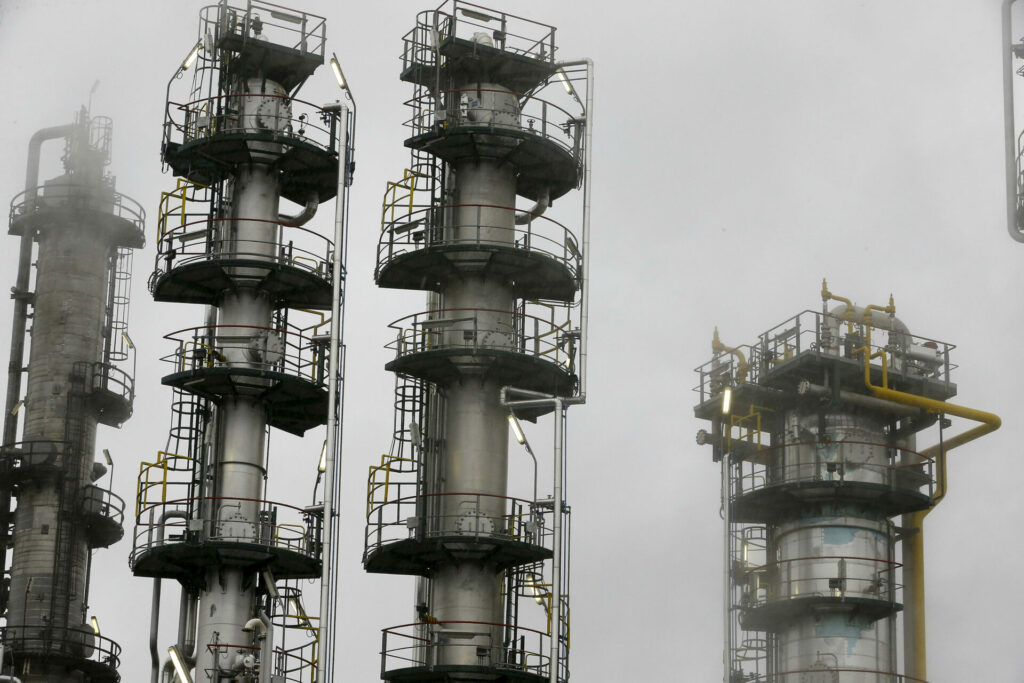Oil prices rose to the highest levels in two months on Tuesday after an EU agreement to ban two-thirds of Russian oil exports was announced on Monday.
On Tuesday, a barrel of North Sea oil cost $123.32, an uptake of $1.65 than Monday. The price of a US-type oil barrel rose to $118.54, $3.47 more than Monday.
EU leaders on Monday agreed to an embargo on Russian oil, with the ban affecting imports of Russian oil by sea after opposition from Hungary. A compromise was reached that would allow for oil imports through pipelines to the EU to appease Hungary. Further to this, an additional Polish-German import embargo will remove over 90% of Russian oil by the end of 2022.
Related News
- Russian Gazprom shuts off Netherlands gas supply today
- Belgium wants EU compensation for partial Russian oil embargo
- European leaders reach agreement on partial Russian oil embargo
At the moment, Russia provides 27% of the EU's oil and 40% of its gas. In return, the EU pays Russia approximately €400bn ($430bn).
The oil embargo is part of the EU's sixth wave of sanctions against Russia.
Bad news for inflation
Rising oil prices could further impact the already sky high inflation across Europe. Oil accounts for 3% of global GDP, according to the World Economic Forum, so rising oil prices could impact inflation and the rate of prices across the economy.
Oil is used in more or less every sector, so an increase in oil prices will be felt not just at the gas station, but also in goods and services used.
Recently, the cost of living has crept up in European countries, with households across Europe reporting an increase in their household budgets, according to a YouGov poll from March.
In May, the inflation rate in Belgium rose to 8.97%, the highest level in 40 years, largely as a result of the high energy crisis, as well as food inflation.

